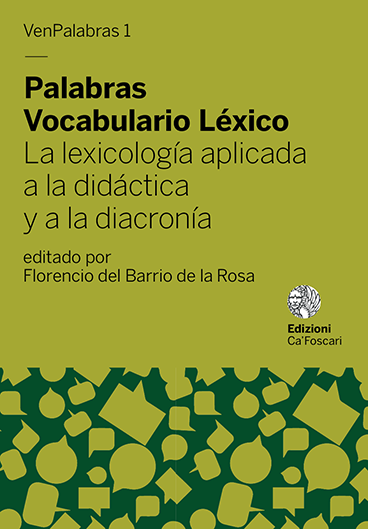- search 303 views
- keyboard_capslock metadata
-
mark_email_readIscriviti alla newsletter
De la veracidad y vigencia del discurso lexicográfico
A propósito de las voces demencia y locura en la lexicografía del español actual
abstract
Our study deals with the lexicographic treatment of the terms demencia and locura in the Diccionario de la Lengua Española and other Spanish dictionaries. The study questions the veracity of the lexicographic speech defended by the Real Academia Española and points out the ideological motivation underlying their approach. We show the subjectivity of the definition of dementia as ‘madness or reason disorder’ and its lack of validity in current Spanish. We carry out several analyzes: a review of historic lexicography, an analysis of the use of languages from the lexical-textual combinatorial of the terms in study, contrastive analyzes of lexicographic speech in different dictionaries of current Spanish and, finally, an analysis of the semantic intension of the terms. In the final part of the study, we defend that the validity of lexicographic speech must be based on a cognitive categorization of the meaning of words in accordance with their use in language in a concrete social and historical context. Likewise, we highlight the importance of categorizing using hypernyms in order to attenuate the subjectivity of lexicographic speeches.
Keywords: Ideology • Madness • Dementia • Spanish lexicography
permalink: http://doi.org/10.14277/6969-169-0/VP-1-10




